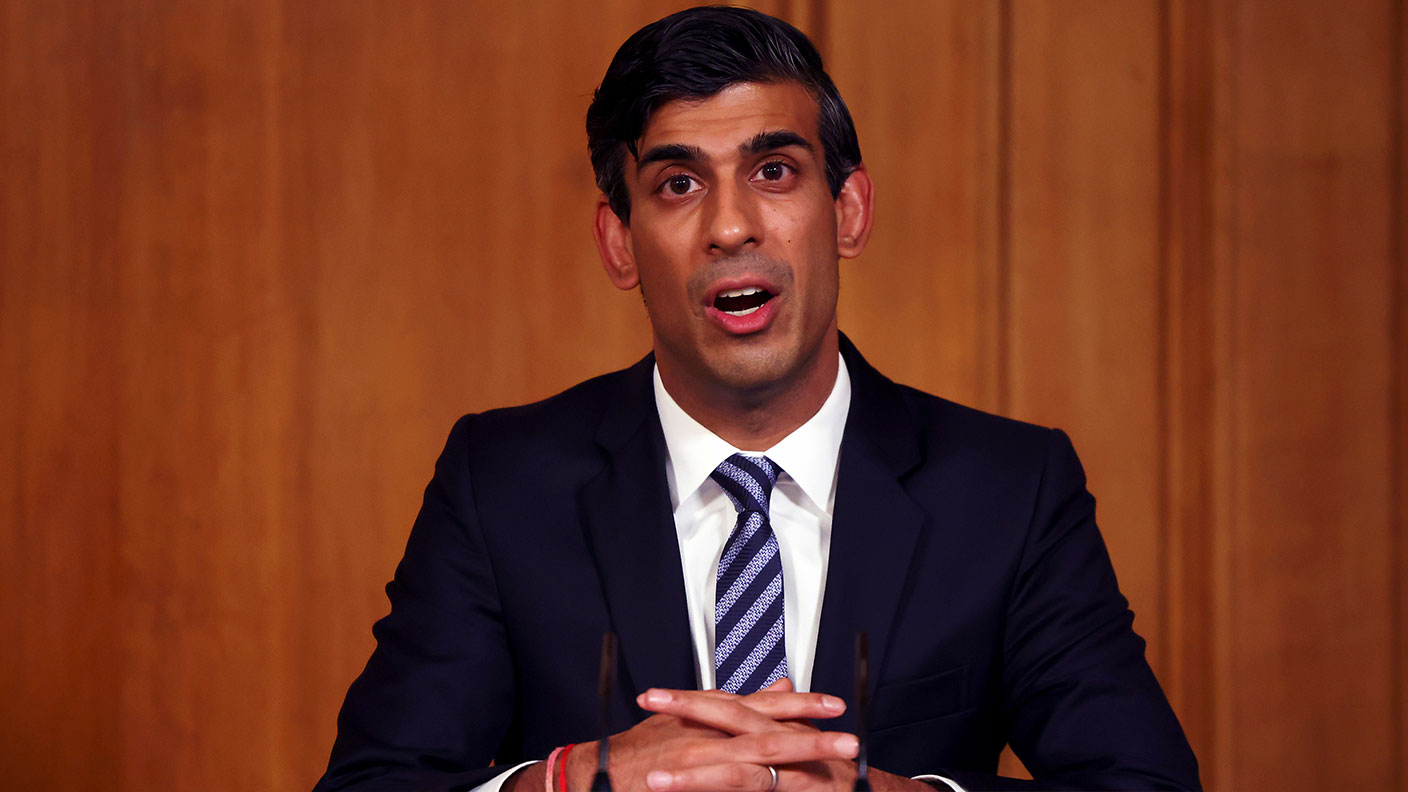Work and Pensions Committee (WPC) chair Stephen Timms has written to the Economic Secretary to the Treasury John Glen to request clarification on HMRC's tax treatment of pension liberation victims.
As part of the WPC’s inquiry into pension freedoms and pension scams, it outlined a number of recommendations, one of which related to the “continuing unfair treatment of victims of pension liberation schemes”.
The committee noted that pension liberation scams often involve scammers incorrectly claiming that there are legal loopholes, such as loans or cash incentives, which can allow a person to access their pension early, before the age of 55, without the victim having to pay tax.
However, someone who accesses their pension early faces an unauthorised payment charge of 40% and an unauthorised payment surcharge of 15%.
WPC’s inquiry heard evidence that HMRC had been “unrelenting and uncompromising” in the pursuit of unauthorised payment charges such as these, with the committee concluding that while the position taken by HMRC was legally correct, it had often lacked empathy or understanding of the impact that its demands have on victims.
In light of this, it recommended that HMRC makes greater use of its current discretion to support pension scam victims left owing large tax bills and that it should do its upmost to provide them certainty where possible.
It also suggested that if HMRC is unable to make greater use of its current discretion to waive the tax due by pension scam victims, the government should consider whether legislation is required to give HMRC the option not to pursue the tax penalties of pension scam victims.
In his letter, Timms noted that the government’s July 2021 response to the inquiry report did not respond directly to these recommendations.
Instead, it stated that “where customers access their tax privileged pension savings before they are 55, HMRC has to collect the unauthorised payment charge that is due under the law” but also that, “where HMRC accepts that a pension scheme member is defrauded of their tax-privileged pension savings as part of a pension scam, they are not taxed on the money they have lost as a result of the fraud".
Timms has therefore requested clarification as to what treatment victims of pension liberation scams should expect from HMRC, and whether HMRC is monitoring the quality and consistency of the service and treatment it provides to pension scam victims.
He also queried what discretion HMRC has to waive unauthorised payments tax charges and how it uses this, and, if HMRC is unable to make greater use of its current discretion, whether the government will consider changing the legislation to allow HMRC the option not to pursue the tax penalties of victims of pension liberation fraud as recommended.
In addition to this, the chair asked how many unauthorised payments charges were levied on people who were victims of pension scams between April 2009 and April 2014, as well as how many cases the charge was reviewed in and what the outcome was in these cases.
The Pension Scams Industry Group (PSIG) has also previously raised concerns over HMRC’s treatment of pension liberation scams, calling for a change in the tax rules in its written evidence to the committee’s inquiry.
Latest News
-
Average UK house price surpasses £300k – Halifax
-
Bank of England holds base rate at 3.75%
-
Mortgage Advice Bureau acquires Dashly
-
Bridging loans fall to lowest average completion time in eight years
-
Regulators announce first six firms to join ‘Scale-Up Unit’
-
House prices recover month-on-month in January – Nationwide
Perenna and the long-term fixed mortgage market

Content editor, Dan McGrath, spoke to head of product, proposition and distribution at Perenna, John Davison, to explore the long-term fixed mortgage market, the role that Perenna plays in this sector and the impact of the recent Autumn Budget
The role of the bridging market and technology usage in the industry
Content editor, Dan McGrath, sat down with chief operating officer at Black & White Bridging, Damien Druce, and head of development finance at Empire Global Finance, Pete Williams, to explore the role of the bridging sector, the role of AI across the industry and how the property market has fared in the Labour Government’s first year in office.
NEW BUILD IN FOCUS - NEW EPISODE OF THE MORTGAGE INSIDER PODCAST, OUT NOW

Figures from the National House-Building Council saw Q1 2025 register a 36% increase in new homes built across the UK compared with the same period last year, representing a striking development for the first-time buyer market. But with the higher cost of building, ongoing planning challenges and new and changing regulations, how sustainable is this growth? And what does it mean for brokers?
Does the North-South divide still exist in the UK housing market?

What do the most expensive parts of the country reveal about shifting demand? And why is the Manchester housing market now outperforming many southern counterparts?
In this episode of the Barclays Mortgage Insider Podcast, host Phil Spencer is joined by Lucian Cook, Head of Research at Savills, and Ross Jones, founder of Home Financial and Evolve Commercial Finance, to explore how regional trends are redefining the UK housing, mortgage and buy-to-let markets.
In this episode of the Barclays Mortgage Insider Podcast, host Phil Spencer is joined by Lucian Cook, Head of Research at Savills, and Ross Jones, founder of Home Financial and Evolve Commercial Finance, to explore how regional trends are redefining the UK housing, mortgage and buy-to-let markets.
© 2019 Perspective Publishing Privacy & Cookies










Recent Stories